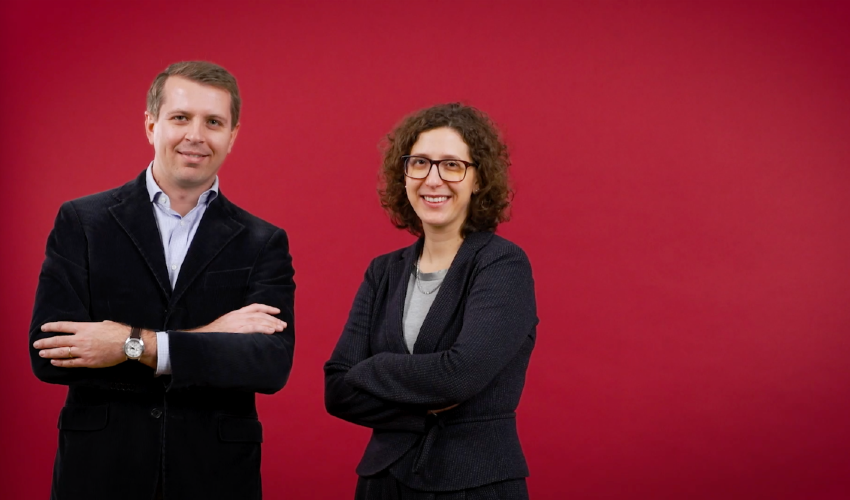
Educational Choices at the Root of the Skill Mismatch in the Labor Market
THE RESULTS OF NEW SKILLS AT WORK, A THREE YEAR PROJECT BY BOCCONI AND JP MORGAN. ACCORDING TO INTERNATIONAL STUDIES, ITALY PAYS A COST FOR THE MISMATCH BETWEEN AVAILABLE SKILLS AND MARKET DEMANDS WITH A 9% PENALTY ON WAGES. BETTER INFORMATION FOR FAMILIES COULD MAKE THE DIFFERENCEAt the root of the mismatch between labor market needs and available skills (the so-called skill mismatch) there is the choice of high school and, later, university. This is one of the most evident results of the three-year New Skills at Workanalysis, conducted by Bocconi and JP Morgan to investigate the roots of skill mismatch in the Italian labor market.
At an international level, it is estimated that young people in Italy, Estonia and Ireland pay the highest bill for the mismatch between the disciplinary skills acquired with education and those required by the labor market. The penalty for this type of mismatch is 9% of pay and also affects those who have the right qualification for their job. A short video (in Italian) summarizes these results. The article continues below.
«When choosing a high school, families and students are too focused on short-term aspects, such as student satisfaction, the necessary commitment and perceived quality of the school, and too little on long-term aspects, such as the prospects in terms of labor market or access to university», says Pamela Giustinelli, Professor of Economics at Bocconi, co-author of a study on the choice of high school.
The main problem seems to regard information. Given a very wide range of educational proposals, the knowledge of possible choices on the part of students and families at the beginning of the eighth grade is rather limited. The process of information-gathering also tends to focus on choices that were already the preferred alternatives at the beginning of the process. These alternatives depend very much on the socio-economic background of the families and, in part, on the results obtained by the student.
In particular, students in disadvantaged conditions seem to consider very few alternatives. If the initially preferred alternative is not the most suitable for the student, such a concentrated information-gathering process may prevent families from becoming aware of the most suitable alternatives.
«In order to make training choices more efficient, the effort should be to reach families with information on all possible study pathways and to do this as soon as possible, before the process of gathering information focused on the few preferred alternatives begins», says Prof. Giustinelli.
In another study of the same report, Massimo Anelli, another professor at Bocconi, analyses the university choice through a comparison with Germany, the large European country with the most similar industrial structure to Italy’s. Both countries have a much lower percentage of graduates than the rest of Europe, but in the last 15 years the unemployment of German graduates in the 25-39 age group has fluctuated between 2 and 4%, that of Italians between 8 and 13%. «One of the causes of this situation is the inadequate information on employment and salary outcomes of the different courses, which leads to a choice based solely on individual preferences for the disciplines», says Prof. Anelli.
In particular, Germany records many more graduates in Computer Science, Engineering, Economics and Management, while Italy doubles Germany for graduates in Social Sciences and Arts and Humanities. In a life-long prospective, graduates in the first group of disciplines earn between 70% and 100% more than the second.
by Fabio Todesco
